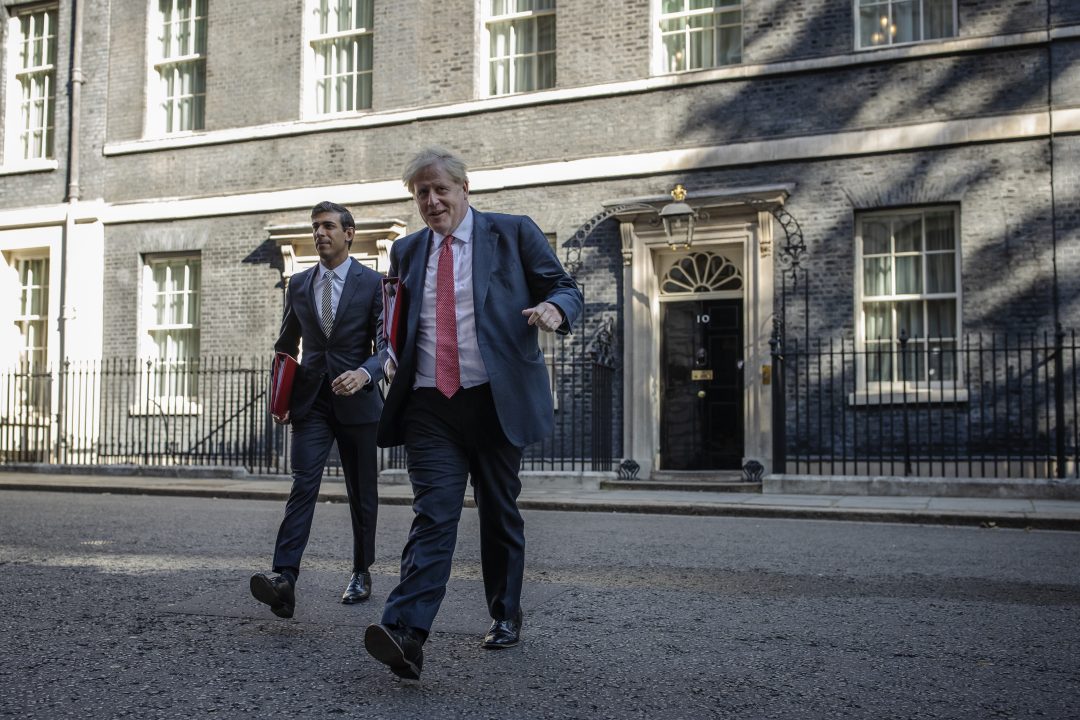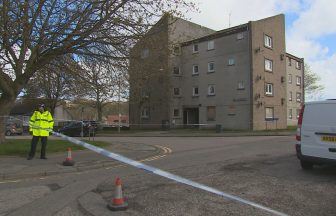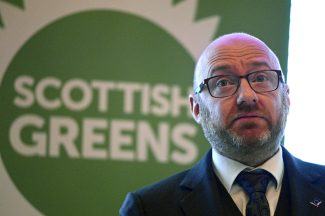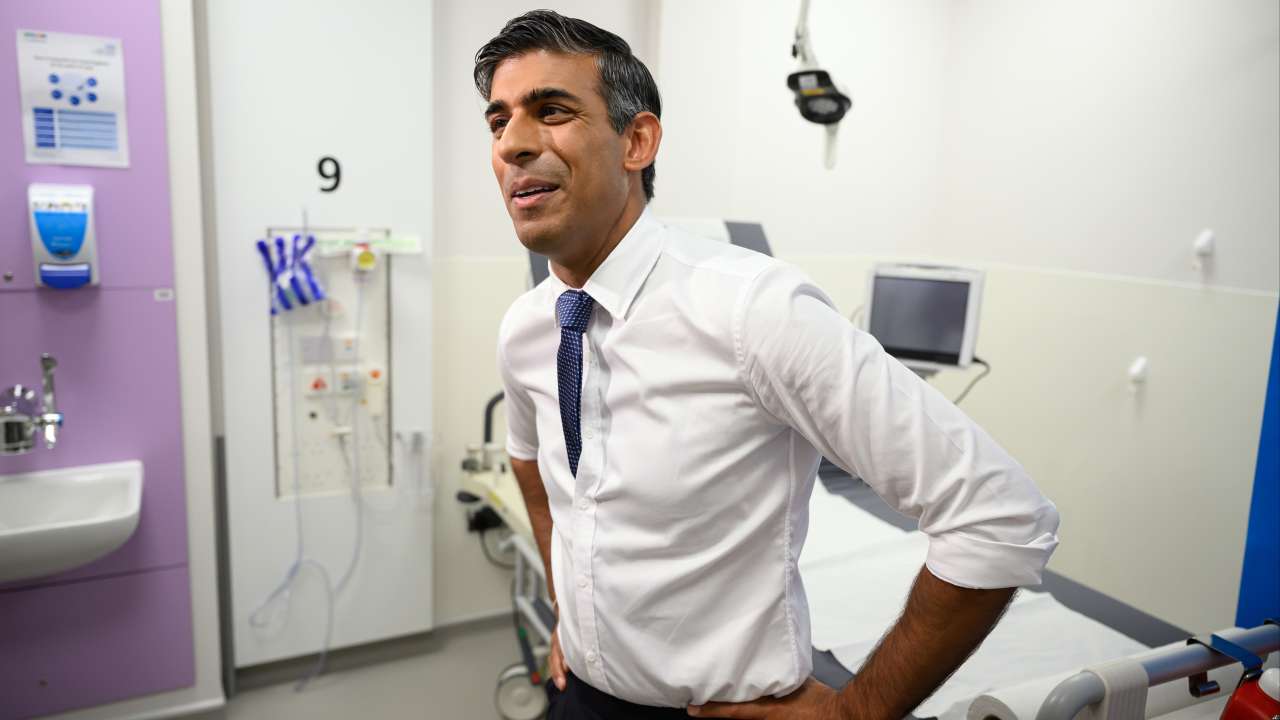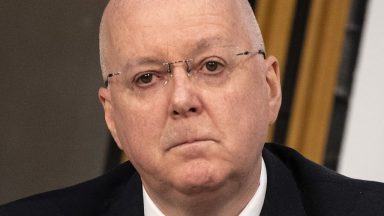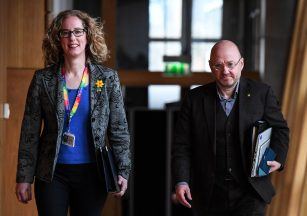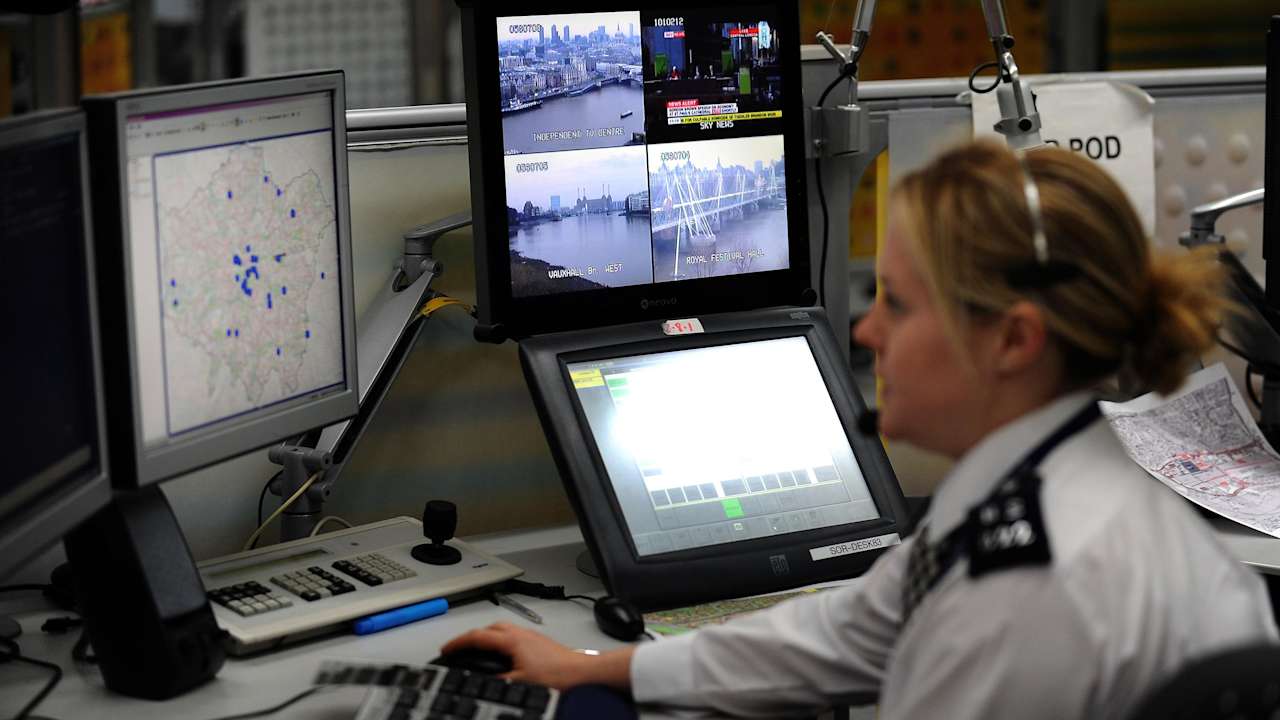I can’t be the only person who finds it a painful watch when families are interviewed about the cost-of-living crisis.
On Channel 4 on Wednesday night, one man said he had removed all of the light bulbs from his house and switched off the fridge, such was his concern that he could no longer afford his energy bills.
Another man explained that, the previous day, he had survived on two sandwiches and had £2.87 left to see him through until his next benefits are paid.
Every broadcaster interviews those at the sharp end. Every time I see such interviews, I am left thankful for my good fortune in life and somewhat angry that in Britain in the year 2022 people are careering to ill-health brought on by the effects of poverty.
Those living through this crisis must think politicians live in a parallel universe. To listen to the Prime Minister yesterday in the Commons, you would have thought the country was a land of plenty and all of its citizens gorging on the bounty of a vibrant economy.
‘He doesn’t get it’
Sir Keir Starmer, in a look of disbelief, remarked: “He just doesn’t get it.” Boris Johnson better start to get it, for defiant rhetoric born of inaction will cost the Tories at the next election.
The Chancellor, it is reported, got a roasting from MPs at a private meeting. They no doubt were merely conveying the hurt and anger of their constituents.
The CBI despair of inaction. So too, the TUC. Pressure groups who deal directly with the poor demand new relief measures now.
Those not affected by the squeeze in living standards, like the Chancellor himself or the under-fire governor of the Bank of England, use phrases like “tough times ahead”.
“Tough times ahead.” It’s a phrase that sounds benign, something to be faced but something that will ultimately be conquered.
When you can’t pay your bills through no fault of your own, can’t heat your home or feed your children, when your mental health is shot to pieces and you cry in sheer frustration, these are not “tough times”, they are unbearable.
Sunak told the CBI last night that he is “ready to do more”. Sunak is a man who never seems to read the politics.
During Covid, he performed repeated U-turns on furlough. He had to U-turn on parts of the National Insurance hike. And now events will force him to act, even although he is deluded in thinking he can leave everything until October.
Sunak’s smooth exterior cannot mask a man with little political antennae. His stock has gone from rising star to lame duck in a matter of months as Tory MPs sense he is no leader. It doesn’t help that the boss is not a man with a plan either.
What could they do?
So, what could they do? The argument for a windfall tax to help those at the bottom now seems unarguable. Although such a policy cuts against the Conservative grain, the necessity is to help now, and such a tax raid would in any case be temporary or at least as temporary as the crisis lasts.
The Chancellor last night signalled he will help lower tax on business in the Budget, probably in October, and he has committed longer term to cut taxes. But these are lines that you can hold before an audience or in a television interview. A plan to rescue the poor from destitution they are not.
Benefits rose by 3.1% in April, the guide to that increase being the inflation rate in September the previous year. The current system means that benefit increases driven by higher inflation (currently 9%) can be out of sync with reality. Inflation is three times the rate at which benefits were increased.
He needs to uprate benefits again to deal with the reality of today. The Treasury cites “technical issues” in doing this, at least with some benefits. It is the job of mandarins to facilitate how a policy end is achieved, not protest about the policy in the first place.
A windfall tax, lower VAT on business, higher benefits, a system of subsidise and pay later for energy bills, as proposed by Keith Anderson of ScottishPower, would be a start.
The Tories face a couple of tricky by elections on the June 23. One was caused by the resignation of Neil Farish, the fat-fingered former MP who spent rather too much time watching pornography in the belief it would ultimately deliver a new tractor. The Liberal Democrats will fancy their chances in Tiverton and Honiton.
And then there’s Wakefield the same day, a poll triggered by the conviction of Imran Ahmad Khan on sex assault charges. Labour is eyeing a victory in a seat they should win comfortably.
Will the Chancellor act before these electoral tests or wait until near certain defeat in one of these constituencies?
The hard reality is that getting inflation under control is largely out of the government’s hands, which is why Tory MPs are directing their ire at Andrew Bailey, the governor of the Bank of England.
Moreover, the impact of inflation, higher energy bills, increasing mortgage rates and a more fragile industrial relations landscape defined by high wage demands, will be felt all the way to the next election.
If Johnson and Sunak cannot be seen to be on top of the crisis, then they will pay for their inaction at the polls.
Follow STV News on WhatsApp
Scan the QR code on your mobile device for all the latest news from around the country


